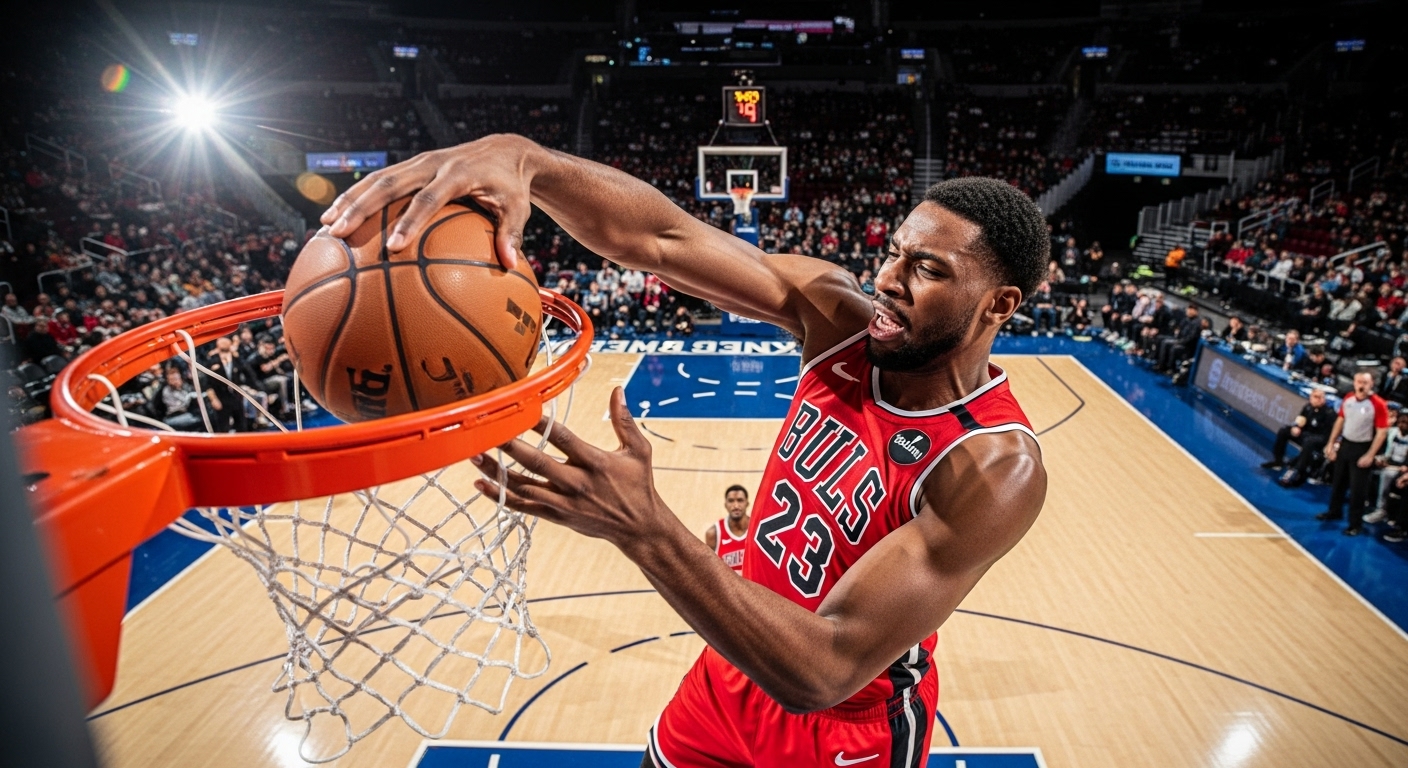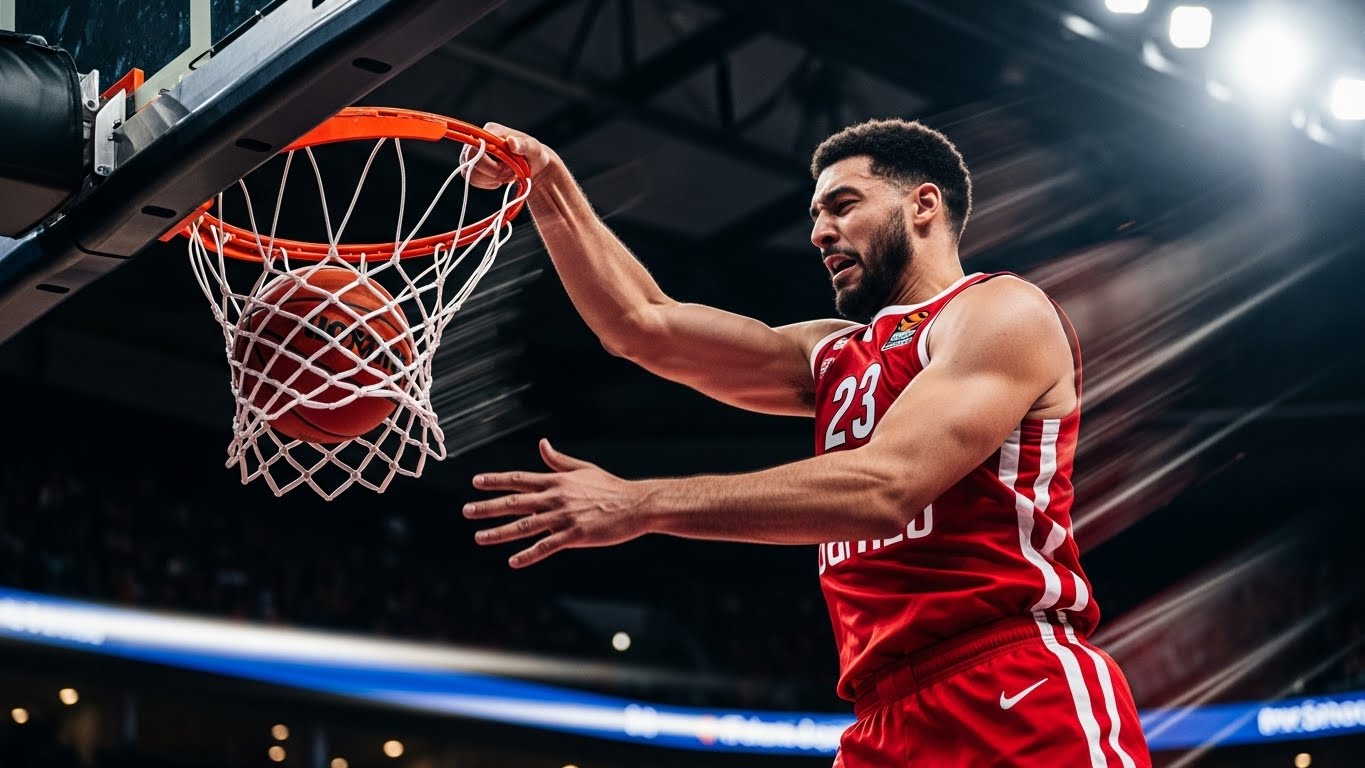Sports have always been an integral part of human culture, transcending geographic, cultural, and linguistic barriers. They bring people together, create shared experiences, and serve as a tool for personal growth. However, the impact of sports extends far beyond the thrill of competition or the joy of victory. In this post, we’ll explore how sports shape our lives in ways that aren’t always immediately visible, offering lessons and experiences that last a lifetime.
The Universal Language of Sports
One of the most powerful aspects of sports is their ability to unite people from all walks of life. Whether it’s a local game of football in a neighborhood park or the grandeur of the Olympic Games, sports provide a common ground for people to connect. The emotions, struggles, and triumphs associated with sports create a shared bond that transcends any individual differences.
This universal language allows people to break down social and cultural barriers. A soccer match in Brazil can bring together a diverse group of fans, each with a different background, but their mutual love for the game creates an instant bond. Sports, in essence, act as a global connector, reminding us of our shared humanity.
Physical Health: More Than Just Exercise
The importance of physical health in sports is often taken for granted. However, sports play a crucial role in not only improving physical health but also in maintaining it. Whether it’s the cardiovascular benefits of running, the flexibility gained from gymnastics, or the muscle strength developed through weightlifting, sports engage the body in a way that regular exercise sometimes can’t.
Additionally, the consistency and discipline that come with playing sports often push individuals to maintain healthy habits outside of the sport itself. For many athletes, good nutrition, proper rest, and injury prevention become second nature, which ultimately contributes to their overall well-being.
Beyond the immediate physical benefits, participating in sports can also lead to long-term health advantages. Studies have shown that individuals who engage in regular physical activity through sports are less likely to suffer from chronic diseases such as diabetes, obesity, and cardiovascular conditions.
Mental Toughness and Resilience: Building the Strength to Overcome
It’s often said that sports teach you how to win and how to lose. While winning is a natural goal, losing provides lessons that are just as valuable, if not more so. Sports offer opportunities to develop mental toughness, a quality that can be applied far beyond the game.
The highs and lows of competition require individuals to learn how to handle success and failure with grace. The ability to bounce back from a tough loss or to maintain focus after an unexpected setback is a skill that athletes often master. These lessons teach perseverance, patience, and emotional regulation, all of which are crucial in navigating the challenges of daily life.
Mental toughness is about staying committed to the process, even when things aren’t going as planned. It’s about having the resilience to push through difficult times, a quality that is equally valuable in personal, professional, and academic pursuits.
Teamwork and Collaboration: Lessons in Collective Effort
One of the most profound aspects of sports is the sense of teamwork that it fosters. Whether it’s a basketball team working together to secure a win or a relay team relying on each other to finish a race, sports are a testament to the power of collaboration.
In a team, each member brings their own strengths and weaknesses, and it’s only when they work together that they can achieve success. Sports teach the importance of collaboration and the need to support each other, whether you’re in the lead or struggling to keep up. This sense of unity often extends into the real world, where individuals who have played team sports are often more adept at working in group settings and value the importance of collective effort in achieving a common goal.
Leadership and Responsibility: Stepping Up When It Counts
Sports are a breeding ground for leadership. From captains who lead by example to players who rise to the occasion in critical moments, sports create environments where leadership is cultivated. The leadership skills developed through sports are invaluable and often extend into other areas of life, such as school, work, and community involvement.
In addition to leadership, sports also teach responsibility. Athletes learn that their actions have consequences, both on and off the field. Being part of a team means being accountable to others, and players quickly realize that they are part of a bigger picture. This sense of responsibility can inspire individuals to take ownership of their actions in other areas of their lives.
Sports as a Platform for Personal Growth
Finally, sports offer a unique space for personal growth. The challenges faced in sports, whether it’s mastering a difficult skill or pushing through physical limitations, offer a sense of accomplishment that extends beyond the game. The confidence gained through improvement in sports can positively impact an individual’s self-esteem and sense of self-worth.
Furthermore, sports often help individuals discover hidden talents, passions, and interests. An athlete who begins by playing basketball may later discover a love for coaching, sports analytics, or even sports medicine. In this way, sports can be a gateway to new opportunities and directions in life.
Conclusion: The Lasting Legacy of Sports
Sports are far more than a form of entertainment or a way to stay fit. They are a powerful force that shapes our physical, mental, and emotional well-being. From the lessons in teamwork and leadership to the personal growth and resilience they foster, sports are an essential part of our lives that continue to have a profound impact long after the final whistle blows.
Whether you’re an athlete, a coach, or simply a fan, the influence of sports is undeniable. In every match, every game, and every competition, there are lessons to be learned, connections to be made, and growth to be achieved. The unspoken power of sports lies not only in the victories but in the lives they touch and the changes they inspire.



